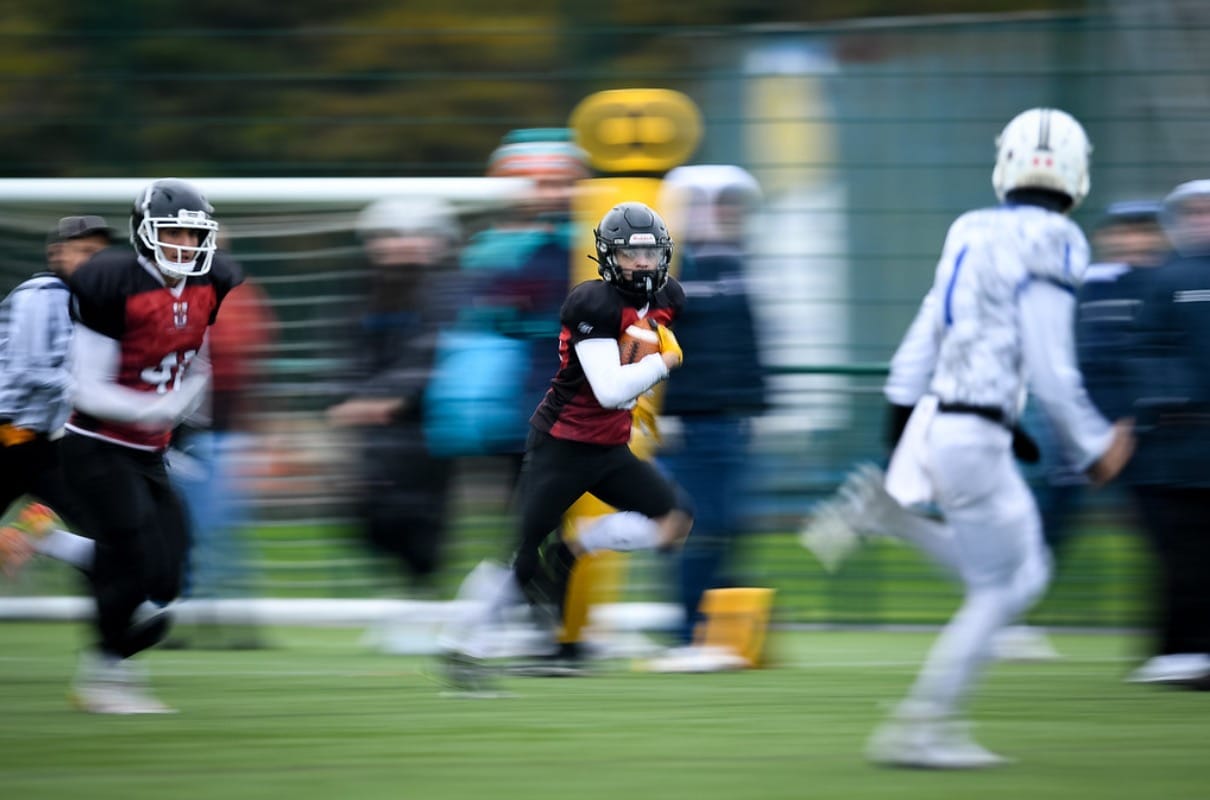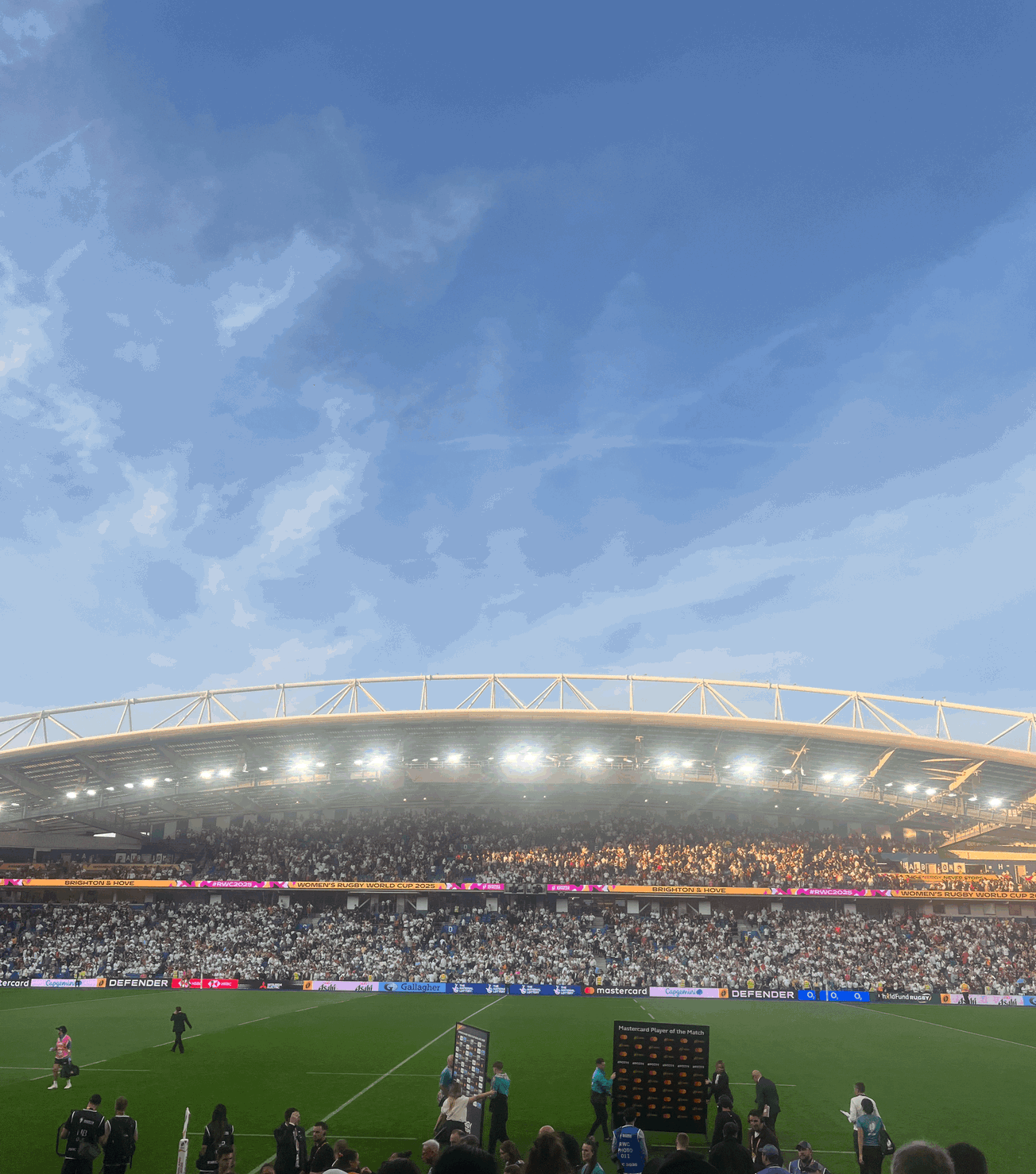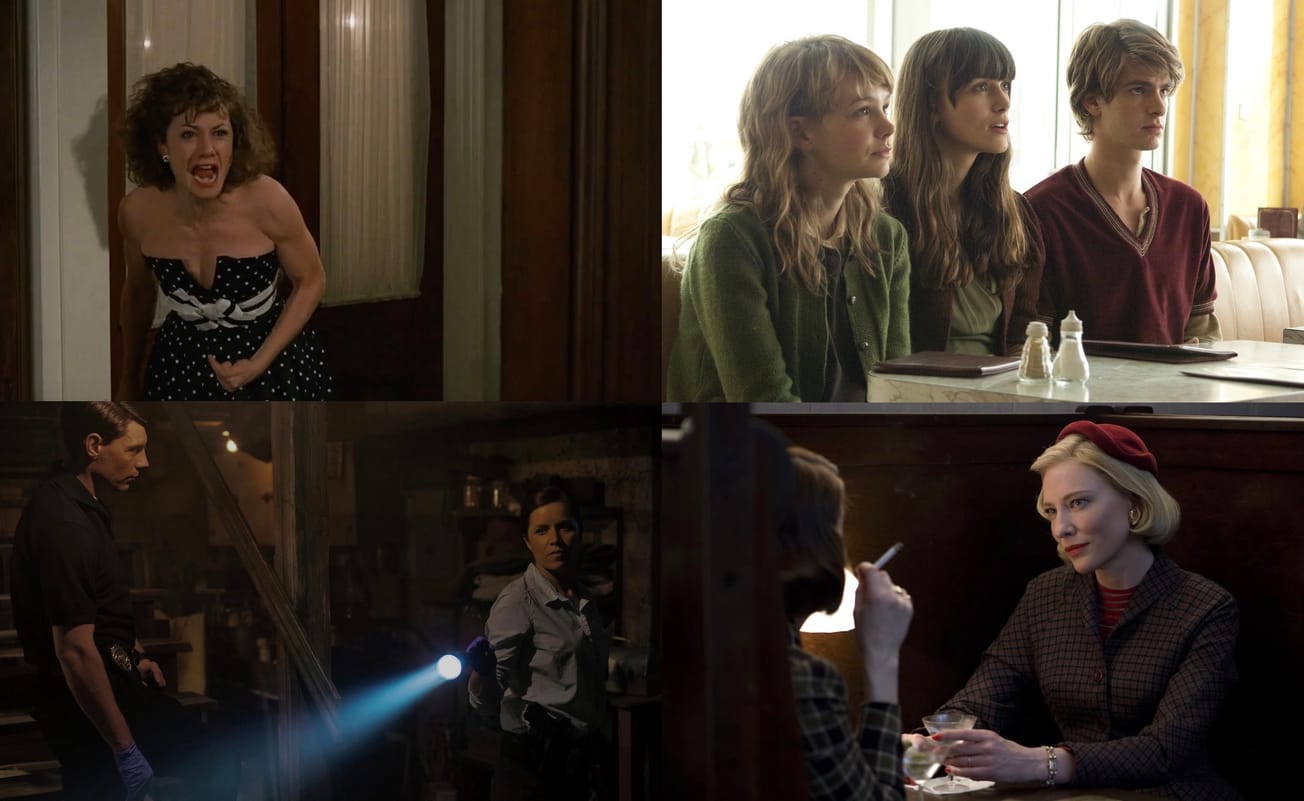By Milan Perera, Deputy Editor
Medicine is renowned for its relentless demands, a marathon of lectures, exams, and clinical rota that can leave even the most dedicated students feeling drained. Yet, amidst the pressure and perpetual pursuit of medical excellence, a group of University of Bristol medics has found a way to embrace a parallel pursuit of intensity and endurance —rugby.
With us to discuss everything about medics rugby is Mike Armiger, the renowned coach who has been at the helm for the last eight years.
Comprised of medical, dental, veterinary and biomedical students, the United Bristol Hospitals RFC is a diverse yet closely-knit squad. Their backgrounds may differ, but their shared commitment to both healthcare and rugby is what sets them apart from other sporting societies at the University of Bristol.
Gearing up for yet another season, Coach Mike has nothing but unadulterated admiration for his players:
‘It's interesting because, when you listen or read commentary on students within media reporting or wider society, there are often many negative stereotypes around our student population. Yet my students defy every negative stereotype imaginable. They are thoughtful, funny, compassionate, hard-working and loyal people.'
‘We have a relationship based on mutual respect and high expectations of one another and they regularly exceed them. Whilst they keep me very busy, I think the world of them. I have been working with University of Bristol students for the past 8 years. I spend several hours a week with them for up to 5-6 years. During that time you forge relationships and get to know one another pretty well. They enrich my life significantly.’
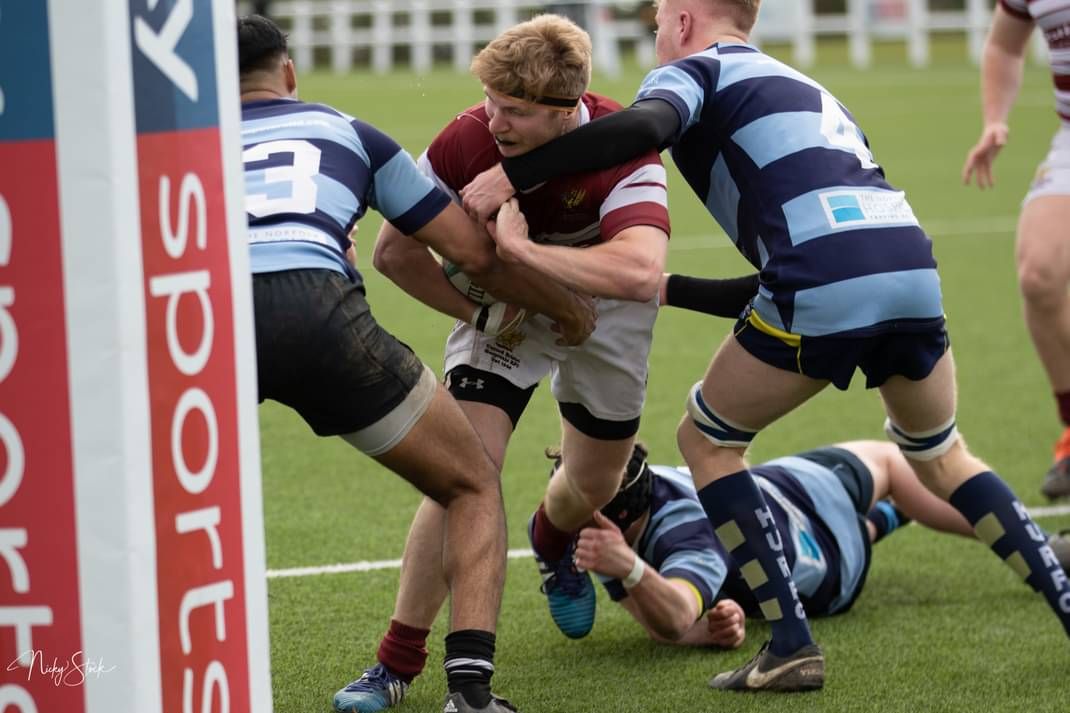
UBHRFC is composed of two teams that take part in the National Association of Medical Schools (NAMS) competition and they saw a significant improvement last year when they won the plate as the second team reached the quarter-final for their first year in the competition. Last year also marked a seismic shift in women’s medics rugby as women’s rugby was introduced in the NAMS tournament for the first time in its history. Bristol women won a high-octane thriller to seal the inaugural NAMS title as they beat Birmingham Medics 15-27.
Coach Mike reiterated that the main aim of the club is to provide a sociable and welcoming environment where players of all abilities are encouraged to join and be a part of the team:
‘We have a core of Bristol University medic, dentist and vet students but will never turn a player away. We are always aiming to improve with dedicated coaching twice a week and games played on Saturdays. This allows an alternative to the Uni rugby side while maintaining a competitive standard and regular game time for our players.’
Then we threw a curveball at him and put it bluntly on the purpose of having a specially catered unit for medics rugby. Why couldn’t the medics join UBRFC or UBWRFC like other students at the university? The coach explained:
‘Firstly, I coached at UBRFC for a season and had such a positive experience with students there too. But we aren't trying to compete or replicate UBRFC. We are very much our own entity. Medical students are often on placement for much of the week and so can't always play on a Wednesday afternoon or attend strength and conditioning sessions.'
‘So previously, many medics didn't feel that they could study medicine and play rugby at a decent level. I have never accepted that this should be the case. They work so hard and are so committed to the principles of helping people through their chosen career path. Shouldn't they have the opportunity to experience university rugby too?’
He added: ‘We are fortunate that the medical school and wider health sciences faculty are very supportive of us. Surely we can provide a well-funded, organised and supportive sporting community for our future medics? Our brilliant medical student society 'Galenicals' works so hard to provide this every year for our students.’
When we talked about student wellbeing and medics rugby, he said: ‘[…] people wrongly assume that rugby players don't possess emotional intelligence or aren't compassionate. Yet more stereotypes. Whilst there are of course examples of toxic rugby environments, I am proud to say that our students once again, buck the trend.'
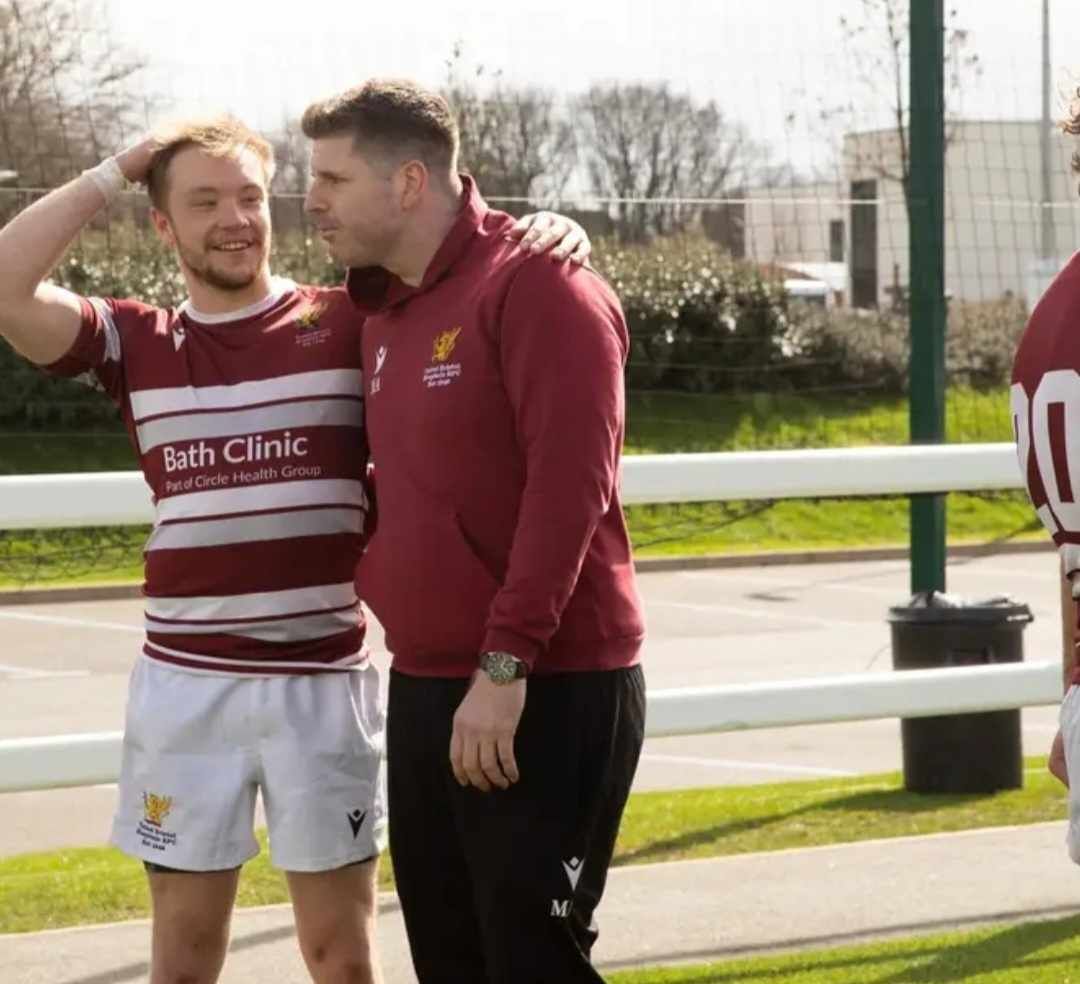
'We are very proud of our work around wellbeing. University can be tough. It's a lot to juggle. Often students are dealing with pressure in so many areas. All whilst discovering who they are. It's a lot. This is where our club comes into its own. We are their Bristol family […] In our club, all students access several avenues of support. Firstly, they all get placed into families. Here they are able to form strong social connections and spend time with older students. Secondly, they are able to check in with me at any time.’
With the highly talented Sam Cornell and Abi Brooke as team captains, coach Mike is hoping for a repeat of last season’s fortunes.
To wrap up when we asked what is the best part about his job, he said: ‘Undoubtedly it's seeing their personal growth. Whilst we work hard on the field and provide a competitive rugby environment where they can learn and develop as athletes, we also see students grow and develop in many areas off the field. Whether it's social, emotional or cultural growth, the group of students within the club contribute positively to one another's life.
Are you a medic at the University of Bristol? Will you give medics rugby a go?



